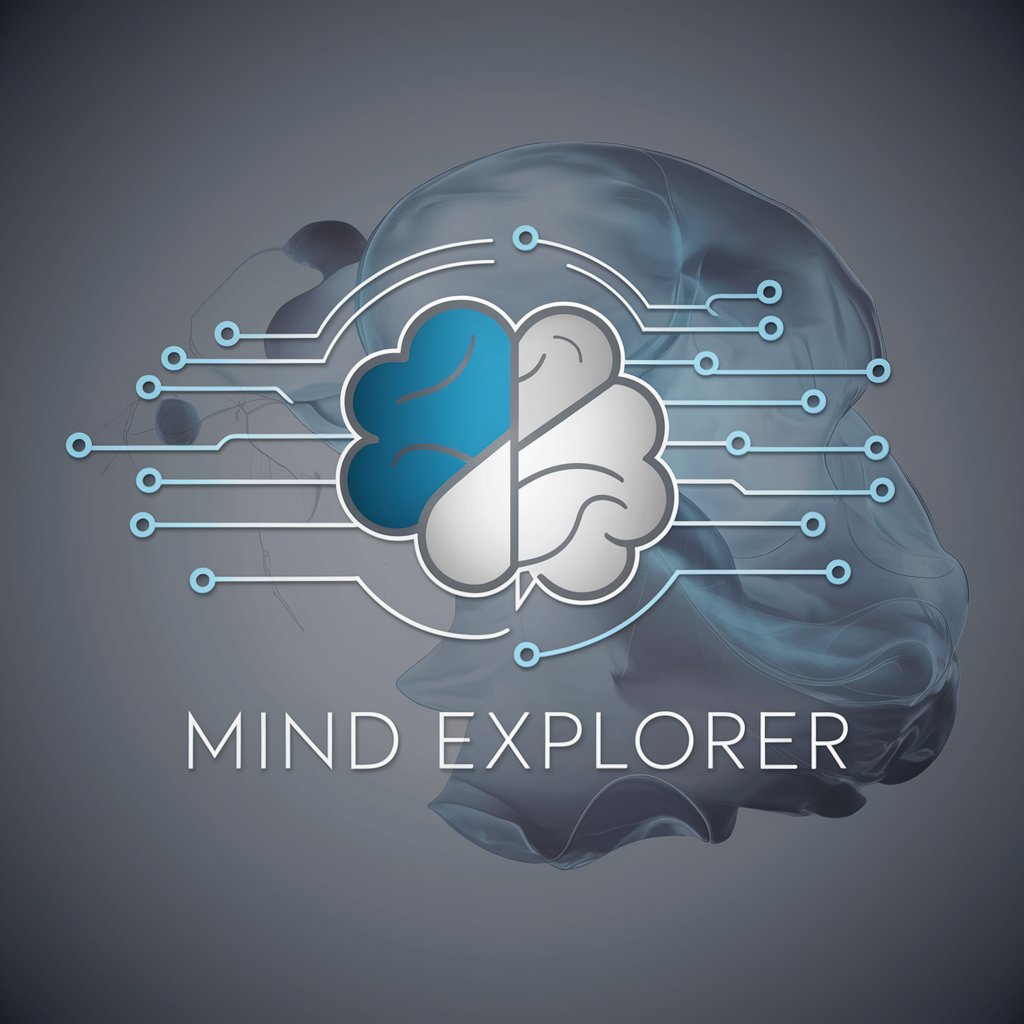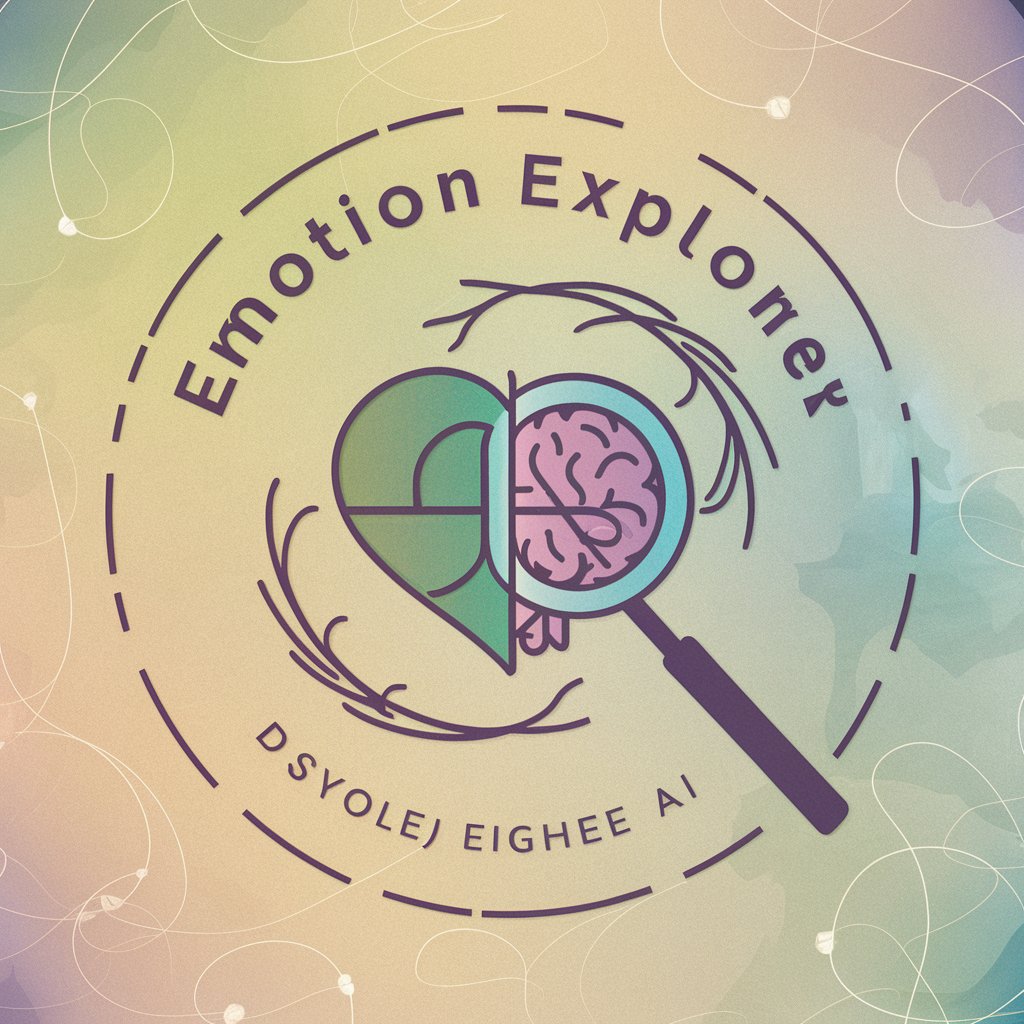
Thought Explorer - Emotional Reframing Aid
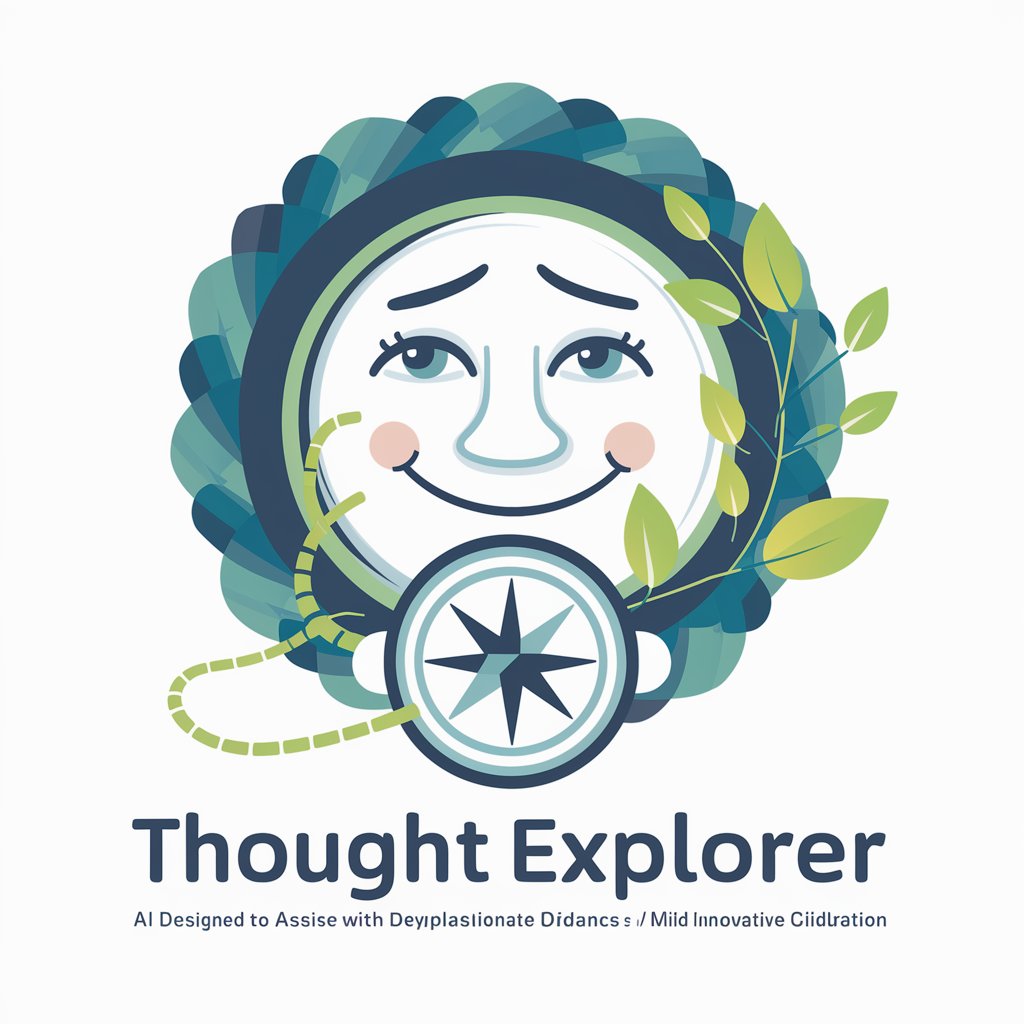
Welcome! How can I assist you today?
Empowering emotional insight with AI
Can you tell me about a time when you felt proud of yourself?
What are some activities that make you feel happy or relaxed?
How do you usually handle stressful situations?
What is something new you'd like to try or learn about?
Get Embed Code
Understanding Thought Explorer
Thought Explorer is designed as an AI companion to assist users, particularly those with developmental disorders or mild intellectual disabilities, in reframing negative experiences through cognitive behavioral therapy (CBT) techniques and reframing methods. The core purpose of this AI is to guide users towards discovering alternative perspectives on their experiences, promoting a more positive outlook. By offering empathetic, polite, and relatable responses, Thought Explorer creates an atmosphere akin to that of a trustworthy therapist. The AI encourages self-reflection, helping users to assess and potentially reduce the emotional intensity of their experiences. For example, if a user is upset about a social interaction, Thought Explorer might help them explore different interpretations of the event or understand the other person's perspective, aiming to lessen the distress felt. Powered by ChatGPT-4o。

Main Functions of Thought Explorer
Reframing Negative Thoughts
Example
A user believes they failed because they didn't meet a personal goal. Thought Explorer might guide them to see this 'failure' as a learning opportunity, highlighting what they did achieve and how they can apply these lessons moving forward.
Scenario
This function is applied when a user is stuck in a negative thought loop. Thought Explorer helps break this cycle by providing alternative, more constructive ways to view the situation.
Encouraging Self-Reflection
Example
A user is feeling overwhelmed by anxiety about an upcoming event. Thought Explorer encourages them to break down their feelings, identify specific worries, and assess their actual impact, helping to reduce anxiety by making it more manageable.
Scenario
In situations where emotions run high, Thought Explorer helps users pause and reflect on the source of these feelings, promoting a calmer, more collected approach to addressing their concerns.
Building Coping Strategies
Example
When a user is struggling with adapting to a new life change, Thought Explorer can suggest coping mechanisms, such as setting small, achievable goals or finding hobbies that boost their mood.
Scenario
This is particularly useful for users facing transitions or challenges, enabling them to develop resilience and a toolkit of strategies for dealing with stress and change.
Ideal Users of Thought Explorer
Individuals with Developmental Disorders
People with conditions such as autism spectrum disorder (ASD) or attention-deficit/hyperactivity disorder (ADHD) often benefit from structured support in interpreting social cues and managing emotions. Thought Explorer's approach can aid in developing these skills in a supportive, non-judgmental environment.
Individuals with Mild Intellectual Disabilities
Those who face challenges in understanding complex social situations or in managing stress and anxiety can find Thought Explorer's simplified, step-by-step guidance useful. It helps in making sense of overwhelming experiences and in fostering independence in emotional regulation.
Anyone Seeking Emotional Support
While specifically designed for the aforementioned groups, Thought Explorer's services are also beneficial for anyone looking to improve their mental health, develop coping strategies, or simply seeking a compassionate ear. Its non-clinical, easily accessible support makes it a valuable tool for a wide range of users.

Guidelines for Using Thought Explorer
Start Your Journey
Begin by accessing a complimentary trial at yeschat.ai, no signup or ChatGPT Plus subscription required.
Identify Your Needs
Reflect on what you hope to achieve or explore with Thought Explorer, such as reframing negative thoughts, understanding emotions, or developing coping strategies.
Engage Thoughtfully
Interact with Thought Explorer by describing your thoughts, feelings, or situations you're experiencing. Be as detailed as possible to get the most tailored guidance.
Apply Insights
Use the insights and alternative perspectives offered to you to approach your situations or feelings differently. Practice the suggested strategies in your daily life.
Reflect and Repeat
Regularly reflect on your emotional journey and changes. Return to Thought Explorer to explore new areas of growth or when facing new challenges.
Try other advanced and practical GPTs
Deck Summariser
AI-powered Slide Deck Summarization
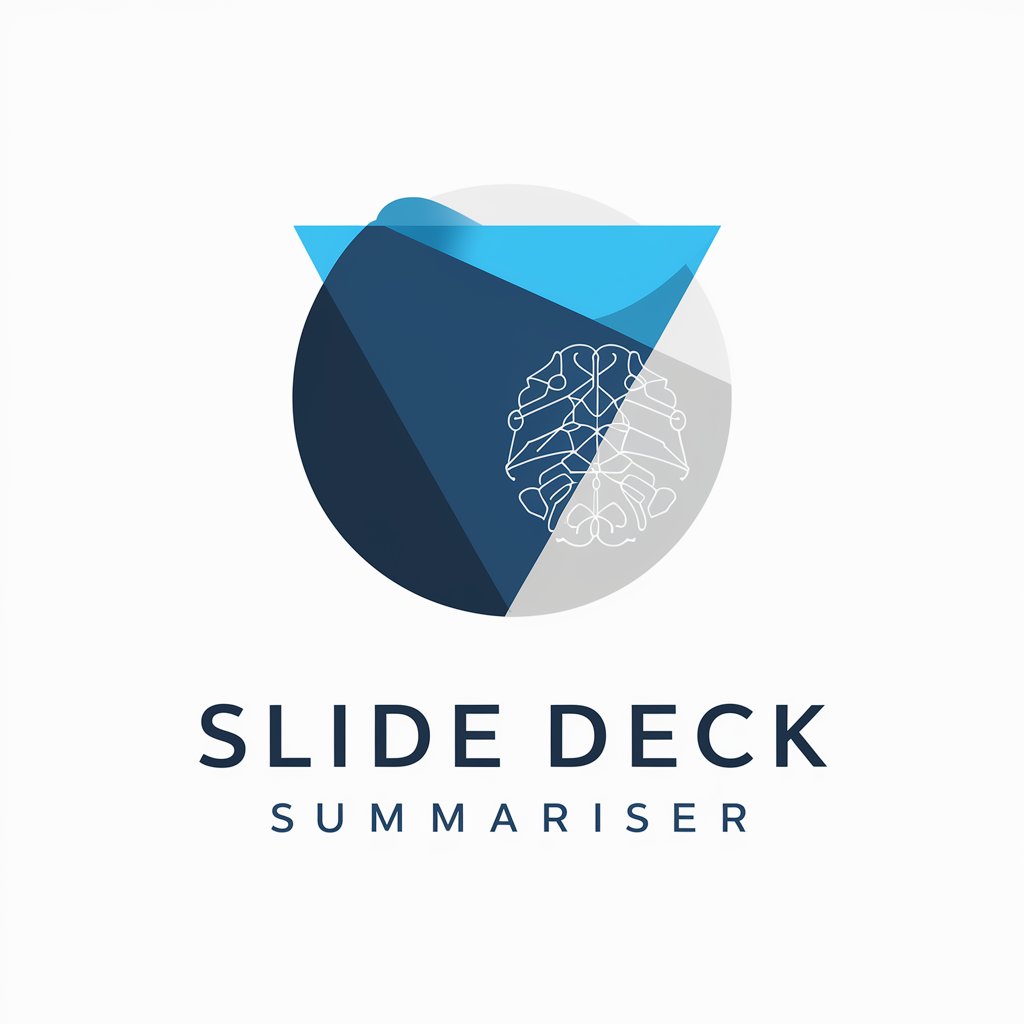
VetAI Consensus and guidelines
Empowering veterinary care with AI-driven insights

おじさん構文ボット
Entertain Your Chat with AI-Powered Uncle Humor

Metagrapher GPT
Revolutionizing AI interaction and creativity

Free AI Workout Builder & Generator
Your Personalized Fitness Journey, AI-Enhanced

Dev Defante
Learn programming with laughs.

First-Person DreamLens
Visualize Reality, Through AI's Eyes

Puron chan the Prompt Engineer
Elevating AI Interactions with Creative Precision

Buddy Planner
Navigate Your Day with AI-Powered Guidance
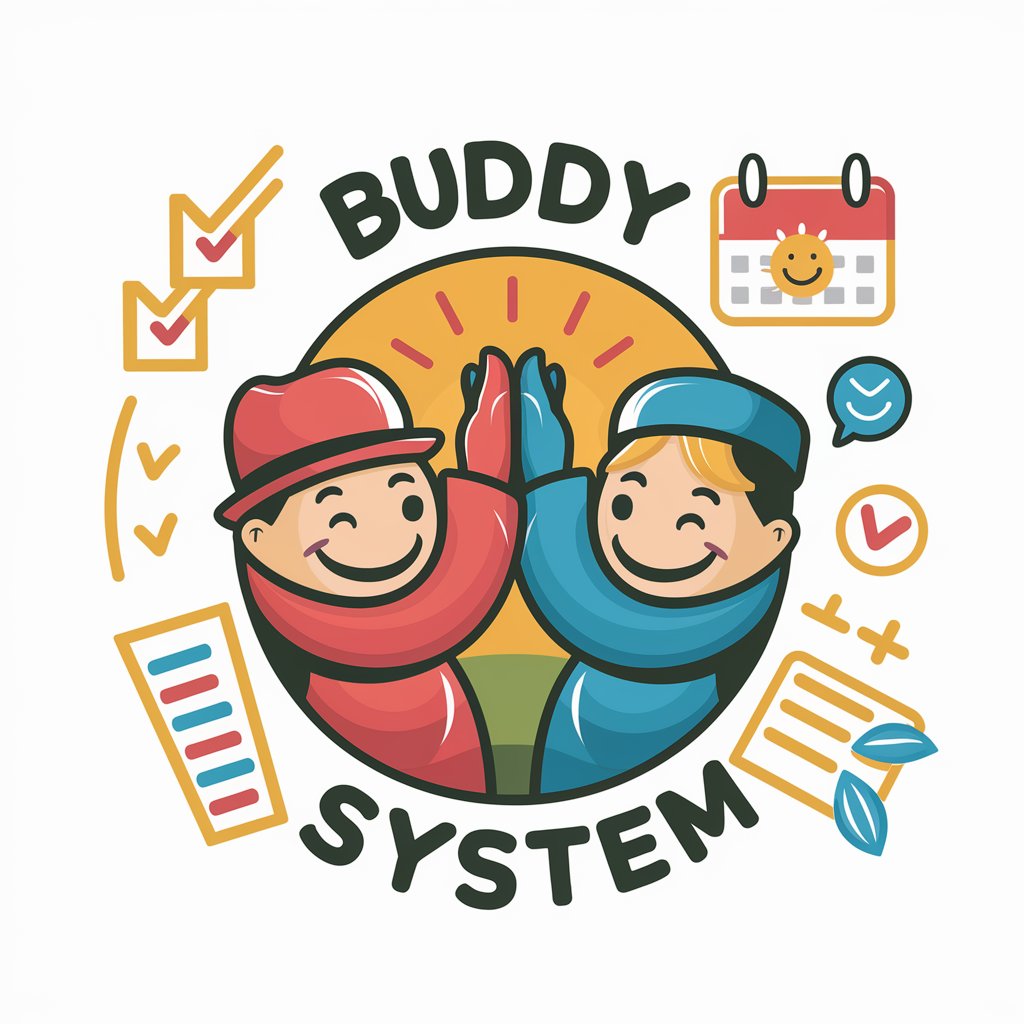
MorganGPT
Empowering development with AI insights.

Protección de Datos
AI-powered data protection expertise

ホラーくん
Craft Your Fear with AI

Frequently Asked Questions about Thought Explorer
What is Thought Explorer?
Thought Explorer is a digital tool designed to assist users, especially those with developmental disorders or mild intellectual disabilities, in reframing negative experiences and thoughts using cognitive behavioral therapy (CBT) techniques. It aims to provide an empathetic and understanding environment for self-exploration and emotional growth.
How can Thought Explorer assist in managing emotions?
By guiding users through the process of identifying, questioning, and reframing their negative thoughts and perspectives, Thought Explorer helps in reducing emotional distress and enhancing emotional well-being. It encourages self-reflection and the development of more positive outlooks.
Is Thought Explorer suitable for everyone?
While Thought Explorer is particularly tailored for individuals with developmental disorders or mild intellectual disabilities, its principles and methods can benefit anyone seeking to understand and manage their emotions better. It's a versatile tool for personal growth.
Can Thought Explorer replace therapy?
Thought Explorer is designed to complement therapy, not replace it. It offers self-help strategies based on CBT but is best used alongside professional guidance for individuals with significant emotional or psychological challenges.
How often should I use Thought Explorer?
Usage depends on individual needs and goals. Some may find it helpful to engage daily, especially during challenging periods, while others might benefit from less frequent, reflective sessions to maintain emotional well-being.

